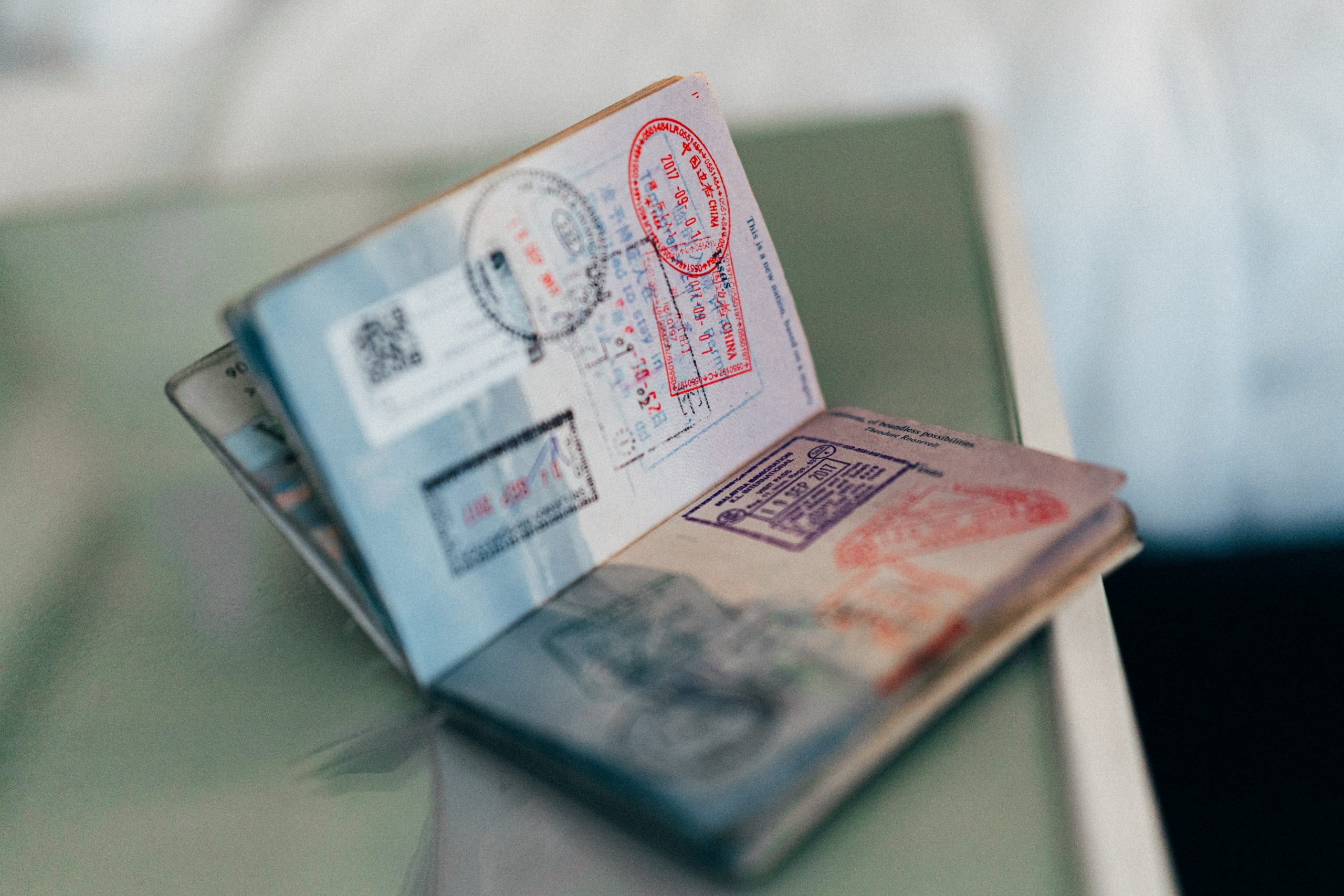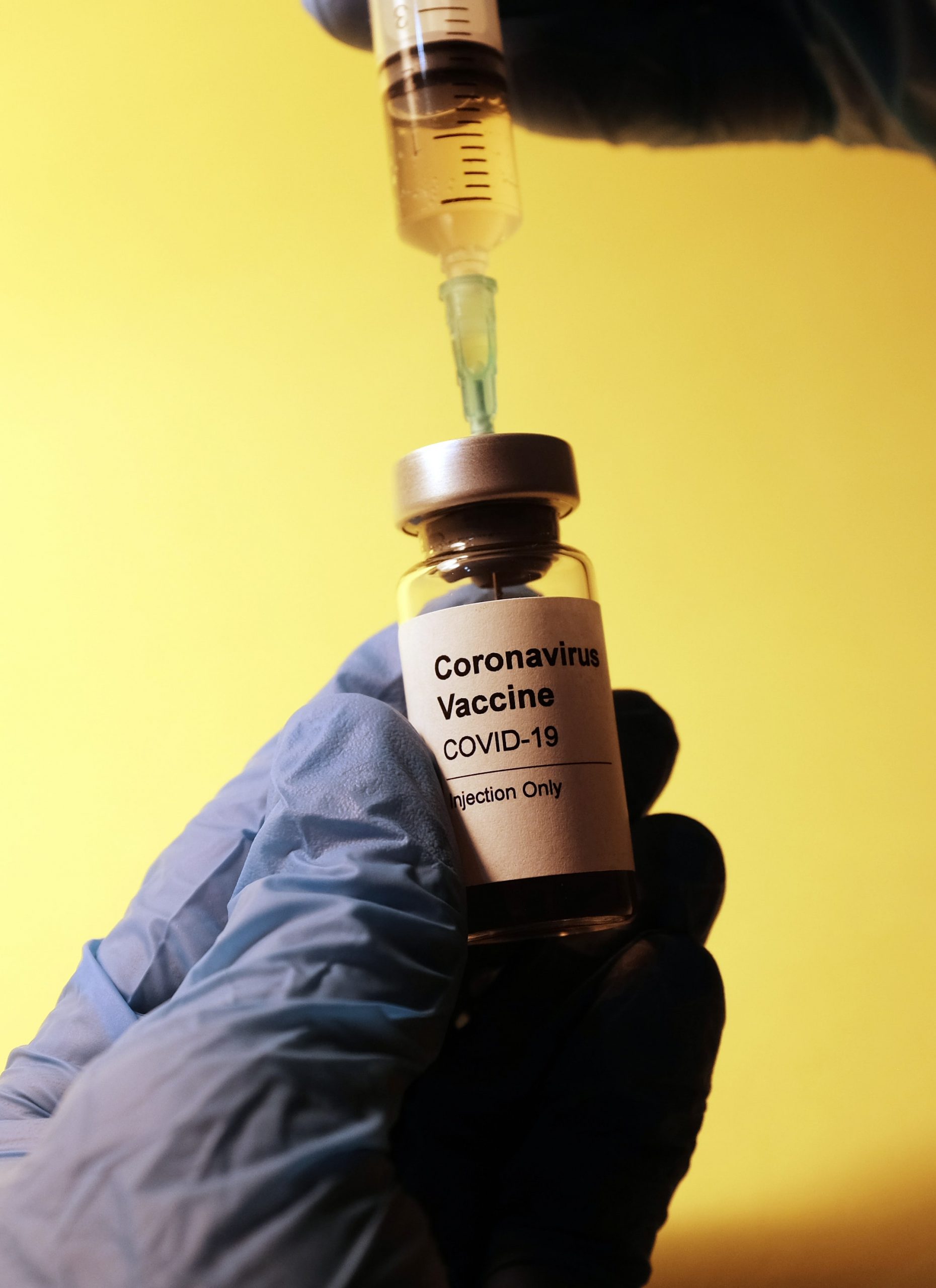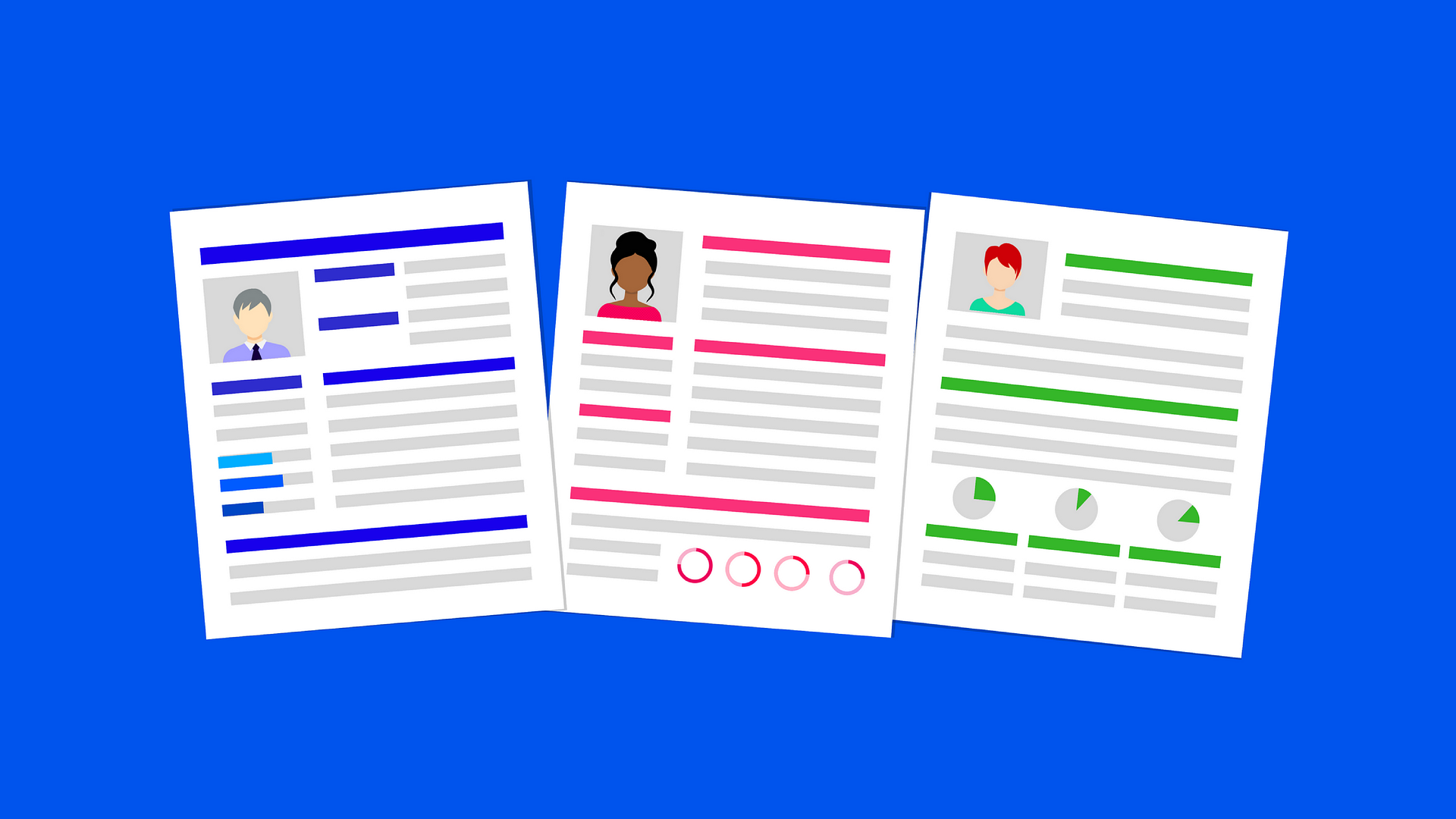Welcome back to Visalawyerblog! In this blog post, we bring you a new update from the U.S. Department of State regarding the status of immigrant visa processing at U.S. Embassies and Consulates overseas. Today, the Department of State released an update reminding immigrant visa applicants that consular interview appointments are being scheduled using a four-tiered system that generally triages immigrant visa applications based on a system of priority.
The update adds that where possible, Consular posts and Embassies will attempt to schedule some appointments within all four priority tiers every month. These attempts will be made to help reduce the massive backlog caused by the COVID-19 pandemic and operational constraints. The new update also carves out priority exceptions for certain healthcare workers seeking immigrant visas.
Applicants should keep in mind that public health and safety remain a paramount concern amid the COVID-19 pandemic. Consular posts and Embassies are continuing to do the best they can depending on local conditions to schedule interview appointments according to the priority schedule, taking into account restrictions on movement and gathering imposed by host country government.
It is also important to consider that posts overseas must abide by U.S. government guidance on safety in the workplace and are following social distancing protocols and safety measures which have reduced the number of applicants consular sections are able to see in a single day. Consular sections will only resume routine visa services when it is safe to do so based on the particular geographic location.
The Department of State’s Four-Tiered Prioritization Schedule
The Department of State has said that while all immigrant visa categories are important, during the pandemic, it has been forced to make difficult decisions regarding how it will prioritize immigrant visa applications as they operate at limited capacity and work through the substantial backlogs of immigrant visa cases.
Having considered the difficult circumstances all applicants face, the Department of State has followed a guiding principle for immigrant visa prioritization, with family reunification being a top priority for the U.S. Government. The State Department’s prioritization schedule highlights Congressional objectives calling upon the agency to adopt policies that prioritize immediate relative visa applicants and K-1 fiancées of U.S. citizens, followed by family preference immigrant visa applicants.
 Visa Lawyer Blog
Visa Lawyer Blog











